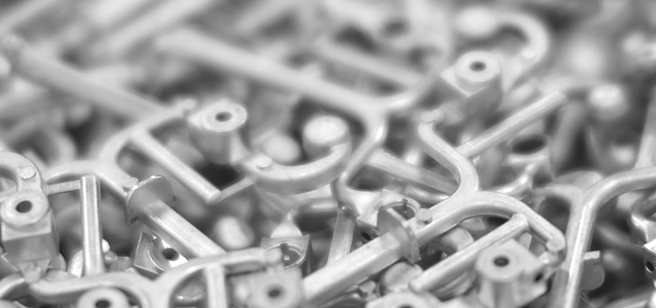Introduction to Zinc Alloy Molds
Zinc alloy molds are widely used in the production of various precision parts, particularly suitable for products requiring high accuracy and detailed designs. Key advantages of zinc alloy include high strength, corrosion resistance, and excellent flowability, making it a popular material choice in industries such as automotive, household appliances, and 3C products.
Introduction to Mold Tonnage: 40-80 Tons
Tonnage refers to the clamping force of the die-casting machine, which determines how much pressure the mold can withstand. Molds with a tonnage of 40-80 tons are suitable for the production of small to medium-sized parts, which often require high precision, such as small electronic components, hand tool parts, or lightweight structural pieces.
Advantages and Applications
Die-casting machines in the 40-80 ton range offer flexibility in handling a variety of small to medium-sized zinc alloy products, especially those requiring quick molding and fine surface finishes. Key advantages include:
- Precise Molding: Capable of producing highly consistent parts with smooth surfaces in a short time, reducing the need for post-processing.
- Cost-Effective: Suitable for small to medium batch production with good cost control, lowering initial investment and material waste.
- Wide Range of Applications: Zinc alloy’s excellent oxidation resistance and wear resistance make it ideal for use in electronics, automotive parts, and household products.
Molds of this tonnage not only meet high-performance standards for detailed products but also offer efficient production, making them a crucial tool for small to medium product manufacturing.

